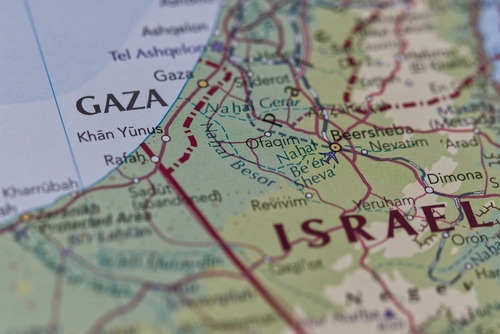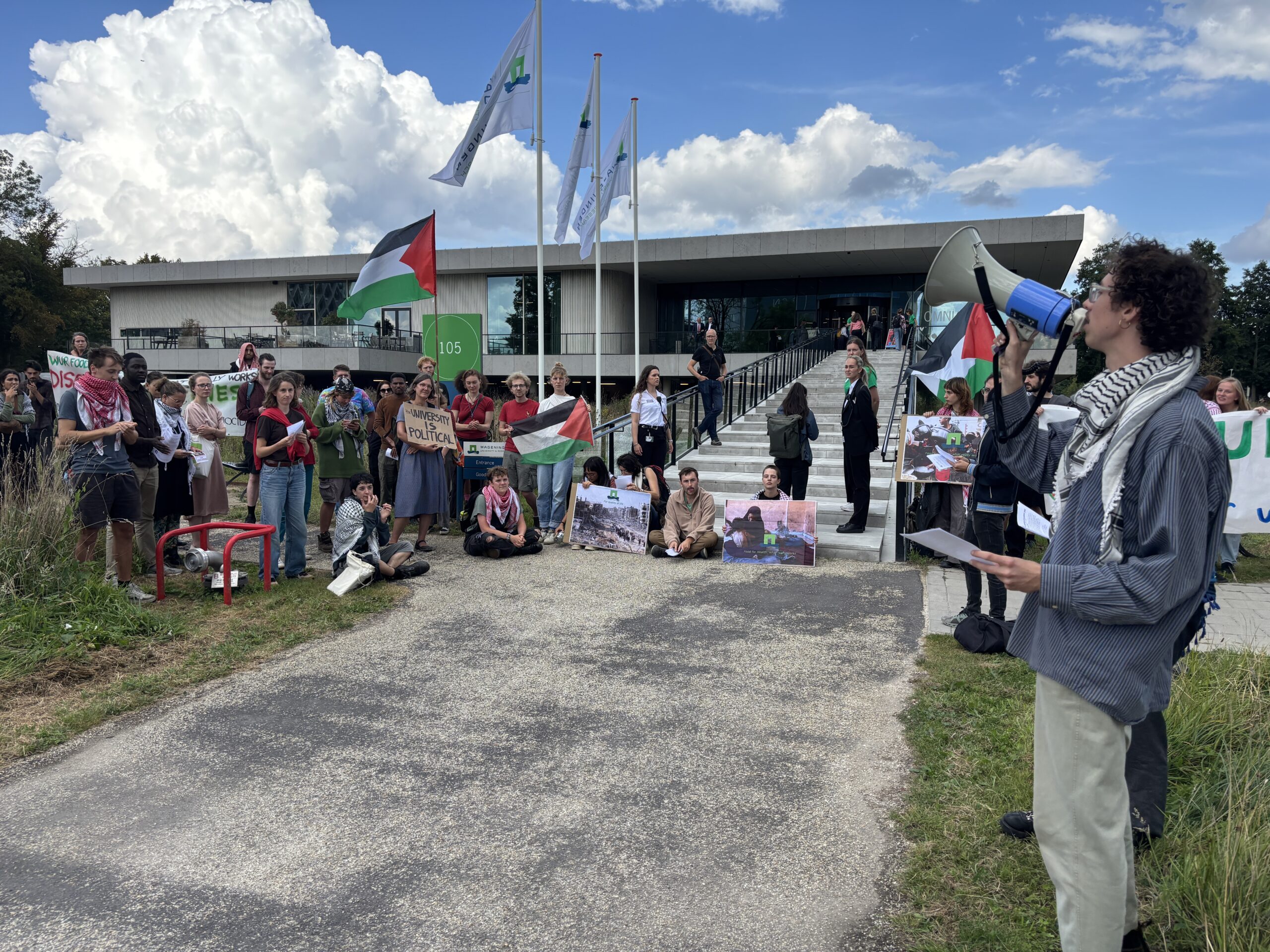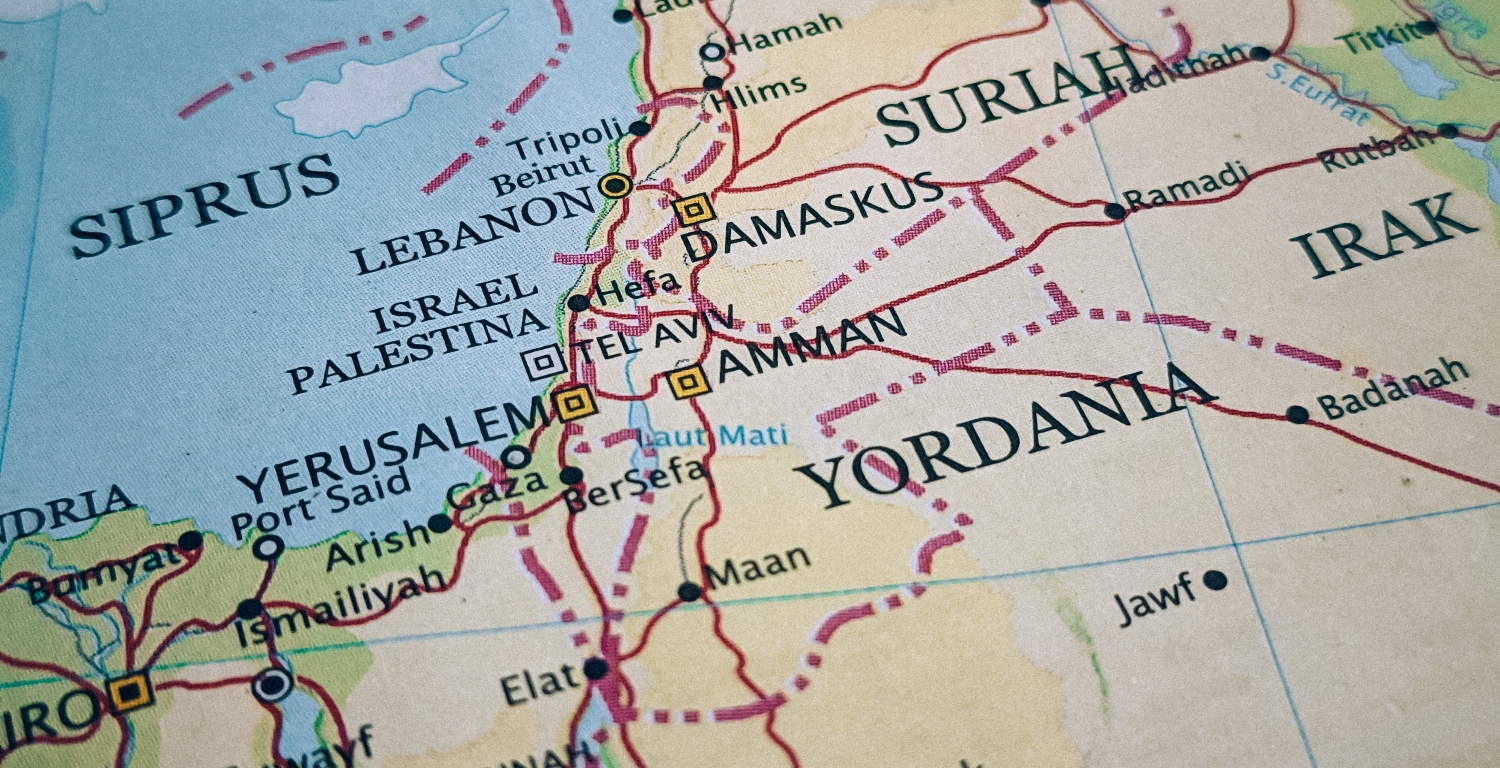More and more researchers are calling Israel’s violence in Gaza ‘genocidal’, says the Royal Netherlands Academy of Arts and Sciences (KNAW). The country should therefore no longer be allowed to participate in the European research programme Horizon.
The KNAW is a society of leading scientists and calls itself ‘the forum, the voice and the conscience’ of science in the Netherlands. This Thursday, the seven-member board published a statement on Israel and Gaza on the website.
Scholasticide
The board members don’t just draw attention to the tens of thousands of civilian deaths, the famine and the humanitarian aid blockades, but also to the systematic destruction of hospitals, universities and schools in Gaza. This constitutes ‘scholasticide’, the KNAW believes.
Moreover, researchers of the NIOD Institute for War, Holocaust, and Genocide Studies, which is part of the KNAW, assert that Israel is using genocidal violence in Gaza. This is also the view of an international association of genocide scholars.
The KNAW statement reads: ‘As the scholarly consensus regarding the genocidal nature of Israel’s violence increases, the KNAW Board furthermore calls on the Dutch Minister of Education, Culture and Science to actively press for suspension of Israel’s participation in the EU’s Horizon Europe programme for scientific and scholarly cooperation.’
Horizon
The European Commission has proposed suspending collaboration between Israel and the European Innovation Council (EIC). This innovation council is a component of the research programme Horizon Europe. In other components, such as the European Research Council (ERC), Israel would still be welcome.
The Dutch government supports this proposal, the new outgoing Minister of Foreign Affairs David van Weel told the House of Representatives on Tuesday. But according to him, there’s no majority yet amongst member states. ‘There is currently insufficient support to proceed to suspension.’
Autonomy
And within the Netherlands? Gouke Moes, the new outgoing minister of Education, Culture and Science, prefers not to interfere in universities’ collaboration with Israeli institutions, a debate on academic freedom revealed yesterday.
Like his predecessors, Moes wants to leave the assessment of such collaboration to the higher education institutions themselves. Nor, incidentally, does he want to stifle protests against such collaboration.
Moes succeeded NSC minister Eppo Bruins, who resigned on 22 August in the wake of NSC minister Caspar Veldkamp (Foreign Affairs). Veldkamp said he wasn’t getting enough support for additional measures against Israel.

 Photo Shutterstock
Photo Shutterstock 
